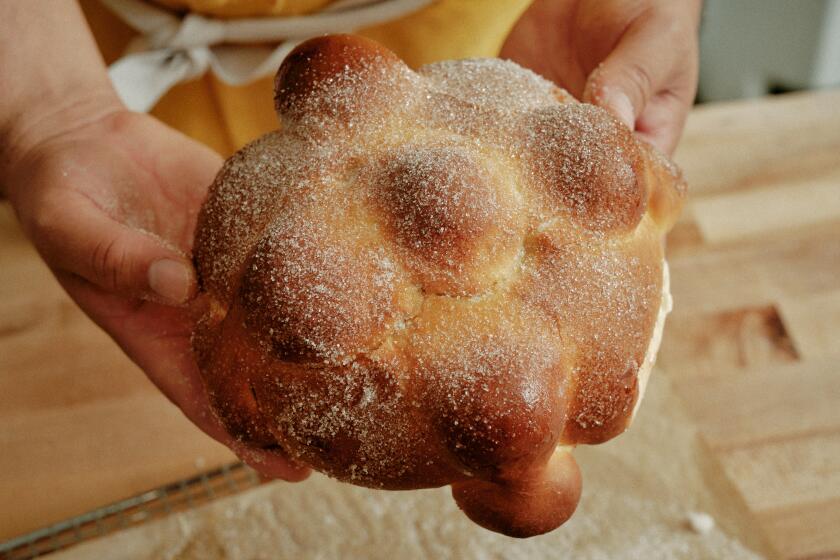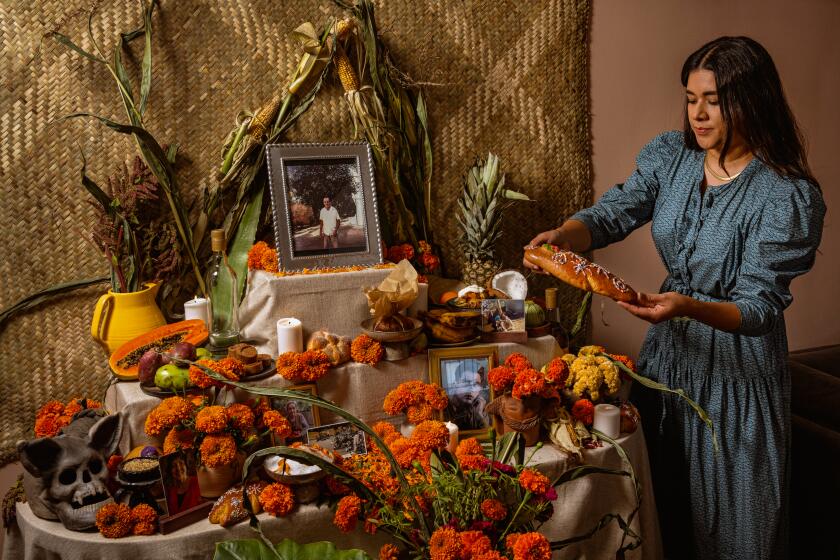Despite Humble Origins, Civet Coffee Is Prized
INDANG, Philippines — Its origins might put off some coffee drinkers, but an exotic bean that draws top dollar from connoisseurs is plucked from animal droppings.
Not just any animal. The coffee comes from beans eaten but undigested by the palm civet, a nocturnal, fruit-eating cousin of the mongoose that roams tropical forests.
Civet coffee, which some aficionados consider among the world’s best, sells for as much as $300 a pound in the United States.
Only 550 pounds are produced worldwide each year, said Antonio Reyes, executive director of the International Coffee Organization Certifying Agency.
Although civets normally eat sugar palm nuts, they prefer the ripest coffee cherries during harvest season, which runs from December to March. The beans pass through their systems undigested and are deposited as sausage-like clumps onto the forest floor.
Reyes says the civet’s digestive process, particularly the enzymes in its stomach, probably gives the brew its distinctive flavor and aroma.
“It’s a special type of post-harvest processing. It has been processed in a very natural way,” he said.
Civet coffee in the cup has a “chocolaty aroma and the taste is bold and nutty,” said Alvira “Vie” Reyes, a businesswoman who sells the exotic beans. Other fans describe civet coffee as full-bodied with medium acidity and no bitter aftertaste.
Reyes and her husband, Basil, who are not related to Antonio Reyes, are trying to reheat local interest in producing civet coffee around Indang, a coffee- and sugar palm-producing town in Cavite province south of Manila. Elders here say people used to gather civet droppings so that their families could still have coffee even if they sold all their conventionally harvested beans.
Reyes says her company, which mainly makes vinegar from sugar palm sap, has produced only about 55 pounds in two years and sold nearly all of it, keeping a little for their own use.
“If we can make a systematic collection of these droppings and produce them on a more systematic basis, maybe we can have a quantity available that we can produce for the export market,” Antonio Reyes said.
He says the Philippines, a coffee-drinking nation but a small producer, should aim for “small volume but high value” coffee.
“We’ve been looking for types of coffee that we could sell in a niche market abroad because we don’t have the quantity,” he said. “But if these are coffees that are unique and different in taste, then we can get value for it.”
Eleuterio Balidio, a farmer who gathers sugar palm saps to make into vinegar for the Reyes’ company, says he sells a kilogram of dried civet beans for or $18, about 45 times what he gets for conventional coffee beans. A kilogram is about 2.2 pounds.
The roasted beans are sold locally in 1.8- and 3.5-ounce bottles for $4.50 and $9, respectively.
Balidio says he forages the forest floor and river banks for civet droppings near his home in Indang. “It’s very difficult to look for it. It’s like digging for gold.”
Back home, he washes the clumps, separates the beans and dries them in the sun.
“Some are smelly; others are not,” he said. “If you are lucky, you can gather up to a kilo in a day. You just have to be hardworking.”
More to Read
Eat your way across L.A.
Get our weekly Tasting Notes newsletter for reviews, news and more.
You may occasionally receive promotional content from the Los Angeles Times.









